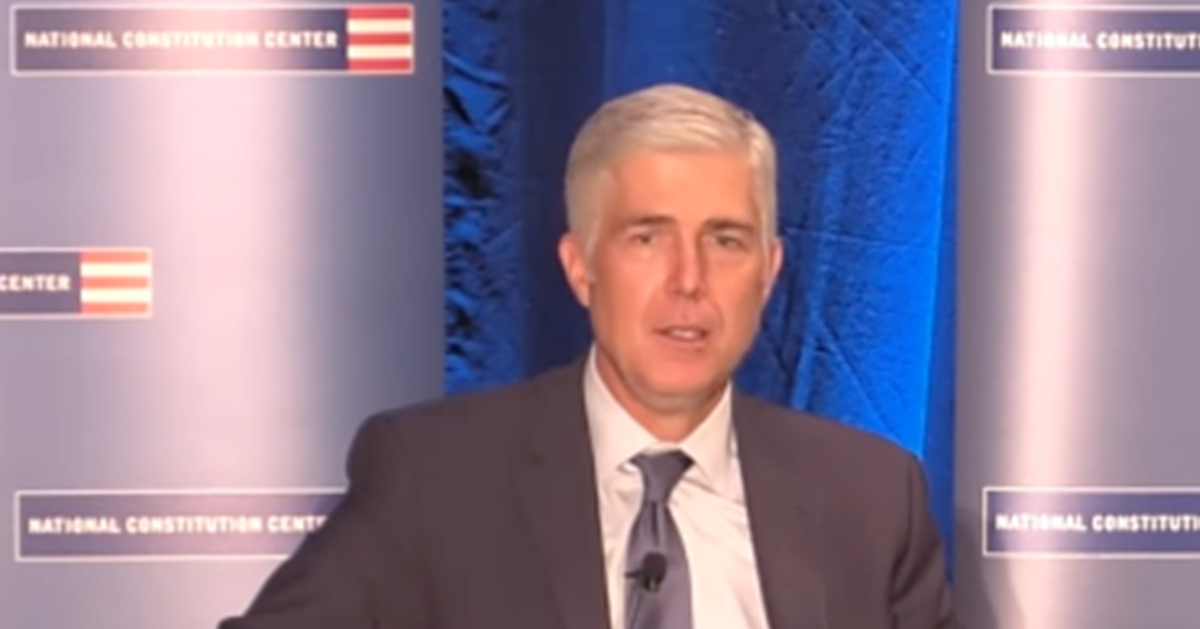Local Sheriffs Support Trump's Immigration Enforcement Expansion Plan
As President-elect Donald Trump prepares for office, a controversial plan unfolds to significantly increase deportations of undocumented immigrants.
Trump’s initiative to deport millions starting early in his term has received mixed reactions from local law enforcement across the country, though many have already signaled support, as Breitbart reports.
With Trump set to assume the presidency soon, he recently announced plans for what is being described as the largest deportation campaign in U.S. history. This extensive effort aims to expel millions of undocumented immigrants.
Press Secretary Confirms Deportation Plans
Trump’s press secretary, Karoline Leavitt, has officially confirmed that the deportations will commence with the onset of Trump’s presidency. This plan includes the revival of the 287(g) program and an expansion of local law enforcement’s role in immigration enforcement.
The 287(g) program, designed to improve community safety, allows local law enforcement to collaborate with Immigration and Customs Enforcement (ICE) to identify and remove noncitizens who are subject to deportation.
Sheriffs Express Support and Concerns
Several sheriffs have voiced their support for Trump’s deportation strategy.
Chuck Jenkins of Frederick County, Maryland, and Richard Jones of Butler County, Ohio, are among those who have pledged their support. "I'm willing to support [Trump] 100 percent," said Jenkins.
"I support [Trump's plan], and so do the American people. People are tired of this," Jones added, reflecting a strong endorsement of the policy among some segments of law enforcement.
Opposition from Sanctuary Cities
However, not all share this enthusiasm. Law enforcement leaders from sanctuary cities like Los Angeles, California, and Bristol County, Massachusetts, have opposed the plan. They argue that such collaborations with ICE compromise trust within immigrant communities and strain local resources.
Los Angeles, having adopted sanctuary city ordinances, has instructed its law enforcement personnel not to inquire about immigration status, aiming to foster trust and cooperation within its diverse community.
Warnings Issued to City Leaders
Amid these policies, Tom Homan, Trump’s appointed border czar, has issued stern warnings to city leaders like Boston Mayor Michelle Wu, cautioning against obstructing ICE’s efforts.
"It is a felony to harbor or conceal an illegal alien from ICE. They need to educate themselves... Read the statute. Don’t cross that line," Homan stated, emphasizing the legal ramifications of non-cooperation.
RJ Hauman, a spokesperson on the issue, highlighted the importance of cooperation between state and local authorities to effectively enforce immigration laws.
"State and local cooperation is absolutely essential to detain and deport illegal immigrants," said Hauman.
Looking Forward: The Future of U.S. Immigration Policy
As the start of Trump’s term approaches, the U.S. stands on the cusp of a major shift in immigration enforcement policy. The planned deportations and expansion of the 287(g) program signify a significant pivot towards stringent immigration control.
While supporters applaud the move as a necessary step towards upholding law and order, critics warn of potential social and ethical implications, especially in communities with large immigrant populations.
In the coming months, intense discussions and possibly legal challenges will likely be seen as the new administration moves forward with its agenda.
Both supporters and opponents of the policy will be watching closely as these changes unfold.



